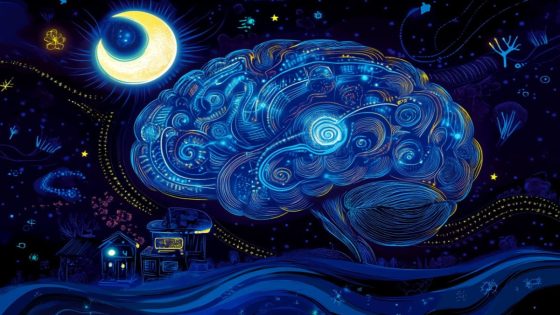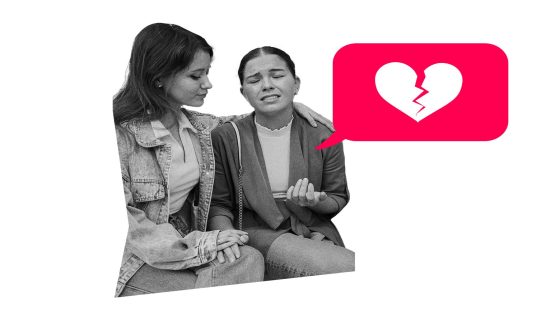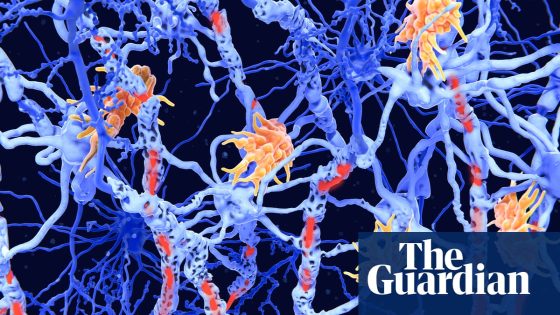Sleep disturbances are a common issue for individuals with obsessive-compulsive spectrum disorders (OCSDs), chronic tic disorders (CTDs), and ADHD. A recent review published on 2025-05-13 01:31:00 highlights the connection between these conditions and disruptions in the cortico-striatal-thalamo-cortical (CSTC) pathway. Understanding this relationship can pave the way for improved treatment options.
- CSTC pathway disruptions linked to sleep issues
- Dopamine and GABA dysregulation in disorders
- Poor sleep exacerbates psychiatric symptoms
- SSRIs may disrupt REM sleep architecture
- Individualized treatment approaches are essential
- Limited objective sleep data in research
The review underscores how dysregulation of dopamine and GABA neurotransmitters in the CSTC circuitry contributes to poor sleep and exacerbates psychiatric symptoms. This bidirectional relationship suggests that addressing sleep issues may also alleviate symptoms of OCSDs, CTDs, and ADHD.
What does this mean for those affected? The interplay between sleep and these disorders raises important questions about treatment strategies. Clinicians should consider the following:
- Evaluate sleep patterns in patients with OCSDs, CTDs, and ADHD.
- Explore pharmacological options that stabilize sleep architecture.
- Implement behavioral therapies to improve sleep hygiene.
- Monitor the impact of treatments on both sleep and psychiatric symptoms.
As research continues to evolve, it’s essential for patients and healthcare providers to collaborate on comprehensive treatment plans that prioritize both mental health and sleep quality.




























